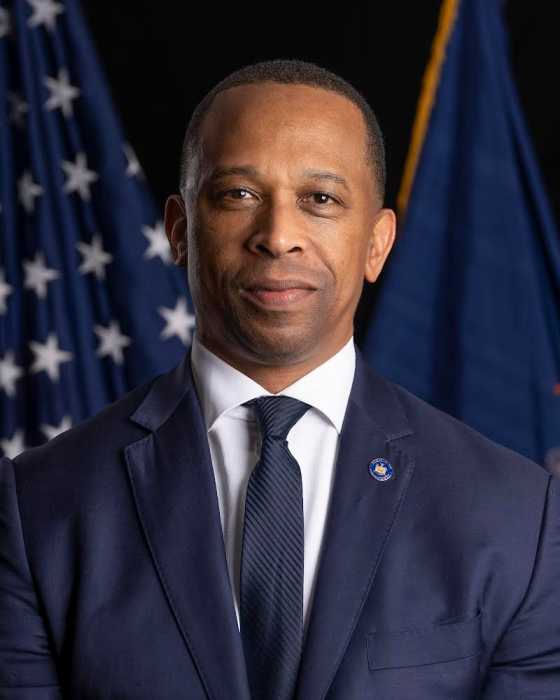Lawyers and Judges are bound by the Codes of Professional Responsibility and Judicial Conduct to avoid even the appearances of impropriety. While this rule is loosely applied to judges who seek campaign contributions from the lawyers who appear before them, it appears that the rules do not apply at all to elected officials even where they are attorneys.
In 2010, the Supreme Court of the United States decided the Citizens United case allowing for unlimited campaign contributions from unions and corporations under the guise of the First Amendment. The so-called originalists in the Supreme Court Majority found that the Framers of the Bill of Rights in 1791 intended to allow for unfettered campaign contributions. So it was that in the last Presidential campaign the two major candidates raised and spent over one billion dollars. I am sure that Benjamin Franklin and George Washington knew that electoral politics would come to this.
At every level of government the viability of candidates is determined by how much they can raise in campaign funds rather than their records or stands with respect to issues of the day. The prizes for victories result in what Andrew Jackson described in his famous statement of: “To the victor go the spoils.”
In Nassau as elsewhere, the victors’ spoils go to campaign contributors. So it is that the objectivity that should apply to governmental decisions is tainted by appearances of impropriety by those who contribute to political campaigns. They contribute not small amounts but vast sums of money – thousands and in the case of statewide and national campaigns, millions either individually or by “bundling.”
So it is that cases are settled rather than juries deciding them; family members are hired and placed into high paying positions in government, for which they are sometimes qualified and often not; lobbyists are paid to do the job that elected officials should do; unions are given favorable contracts and contractors are rewarded with multi-million dollar deals with cost overruns apparent from the “get go.” Ambassadorships and nominations for all offices have price tags on them. If you are interested in those positions you know and you are told what you must do- stay under the radar and give and give, again and again. Buy and sell tickets to political fundraisers.
Of course it was not that long ago that Nassau was the originator of the one percent scheme wherein government employees were required to kick back one percent of their salaries to a major political party whose boss was indicted and convicted for receiving insurance commissions from municipalities for no work.
Harry Truman once remarked of his role as the ultimate decision maker that the “buck stops here.” We should now be saying that the bucks should stop altogether from going to politicians and political campaigns.
Thomas F. Liotti

































